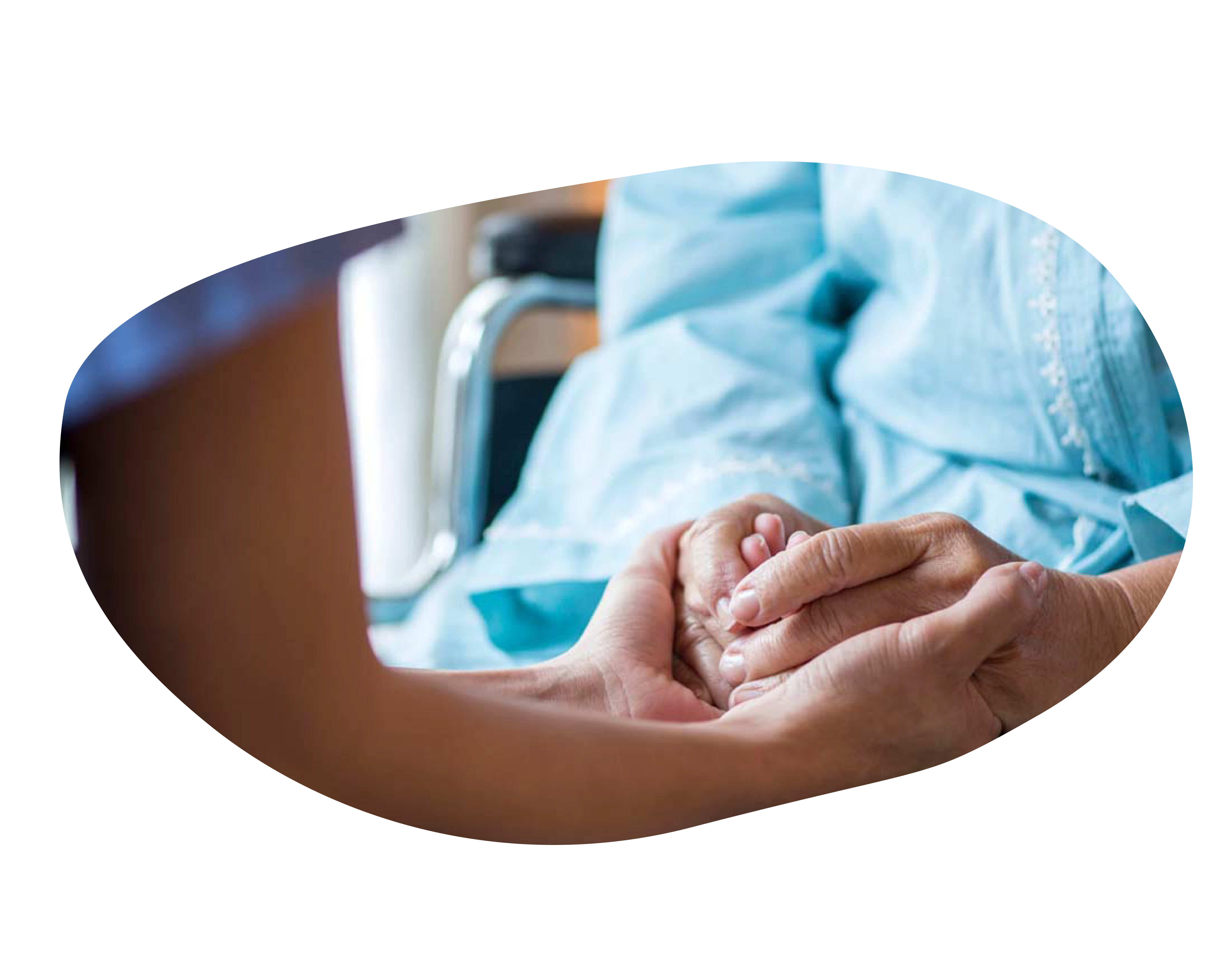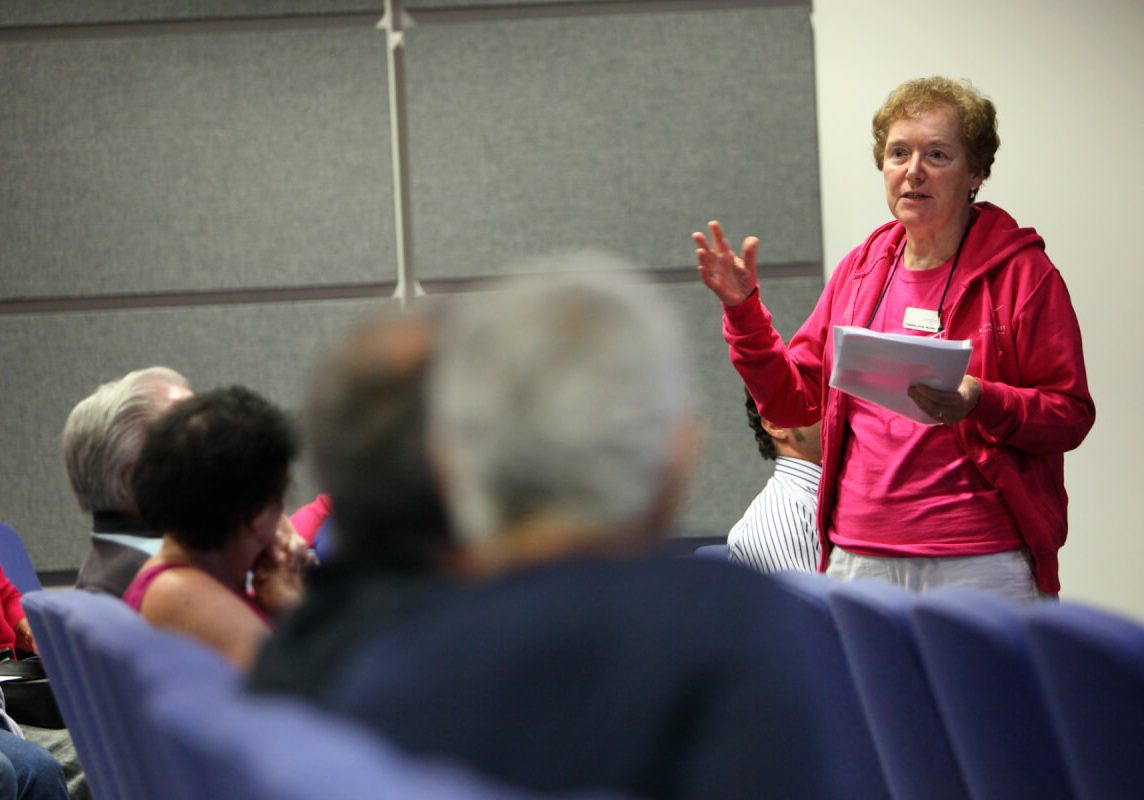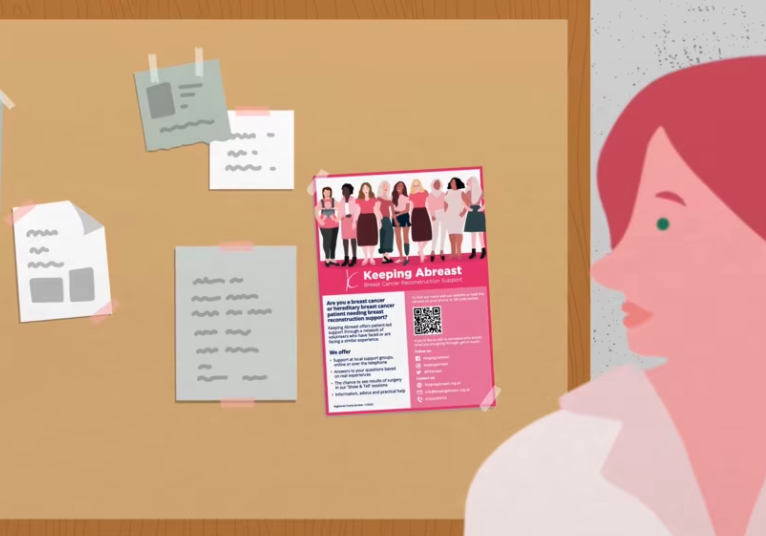GOING INTO HOSPITAL
Please note that this information will vary during Covid so please make sure you use the information that is given to you by your hospital. This information is aimed to a general guide to help you prepare rather than the specific information which will apply to you.

Preparation for surgery
Different hospitals will give varying amounts of notice for surgery; for some, it could be as little as two to four weeks. When the date for surgery is given, it is important, therefore, to be prepared (see the section on hints and tips).
Pre-operative Assessment
The aim of the Pre-operative Assessment Clinic is to ensure that patients are fit for their proposed surgery and adequately prepared for their admission to the hospital.
Your pre-op assessment will take place about two weeks prior to your surgery. This appointment may last a few hours, as there are a number of tests and assessments to complete, such as blood tests, ECG, X-ray, medical photography and anaesthetic assessment. A nurse will also fill in all the forms necessary for your hospital stay and you will have a chance to talk to him/her about anything concerning you. You should take with you a list of any medications you are currently prescribed and be able to give the nurse details of any previous surgery and your current medical conditions. Next of kin details will also be necessary.
Admission
Your admission papers will tell you when and where to present. For some patients (usually dependent on the type of surgery) admission will be on the same day. However, for the more technical surgeries, those requiring further anaesthetic considerations, and those requiring more tests, it is usual to be admitted the day before your surgery. Hospitals are frequently running at full capacity so you may be shown to a waiting area until your bed is allocated. A nurse will be assigned to you on admission – please do not hesitate to ask questions about anything concerning you.
Visiting times
It is usual for each ward to have set visiting times. Please adhere to these wherever possible – this makes for good patient care and helps with infection control. Please ask the nurse in charge if you have a problem with the visiting times.
Going to theatre
In preparation for your surgery, you will be told at what time you should stop eating and drinking.
Each hospital will have a routine that will be explained to you by your nursing/medical team. For some, this will include skin preparation which will be in the form of a wash/lotion (this may have been given to you at pre-assessment, together with instructions for use). If the surgeon has marked your skin for surgery, do not wash these marks off. You may be required to wear anti-embolism socks too and you may also be given a small injection daily which will help to prevent blood clots. These will stop once you are discharged (unless there is a medical need).
Your stay in hospital
Hospital stay
Following your procedure, you may spend a while in the Recovery Suite, after which you will be taken to the ward where you will spend the next few days until you are discharged. It is a good idea to restrict your visitors for the first few days as you will be tired and you will need this time to help you heal and get over your operation. Visitors are well-meaning but can be very tiring and you can make good “use” of them once you go home – to help with making tea, shopping, cleaning and so on!
The type of surgery you have had will determine whether you have an intravenous infusion (drip) post-operatively; you will almost certainly have drains to your wounds which will be removed once they are draining minimal amounts of fluid. You will be expected to get out of bed and move around at the earliest opportunity and you may be visited by a physiotherapist who will instruct you on breathing exercises and other exercises specific to your operation. Pain relief will be given as required. Eating and drinking are encouraged and you should tell the nurse if you are having problems with your bowels.
Your Breast Reconstruction Nurse or Breast Care Nurse may visit you during your hospital stay. Discharge information, including any hospital appointments, will be given to you before you go home. The Keeping Abreast Support Group in your area may be able to offer help post-operatively. If you do not have a group close to you, please contact Keeping Abreast on 01603 819113 or at: info@keepingabreast.org.uk to find out what help can be offered.

What to take into hospital:
Your breast or reconstruction nurse will give you a list of basic items you will need for your stay. Why not check out the list of items some of our volunteers have recommended too, again this is a guide so please refer to any specific list issued to you by your own hospital:-
About Us
Keeping Abreast was established in September 2007 by patients Anna Beckingham and Beverley Birritteri and Breast Reconstruction nurse specialist Ruth Harcourt. They recognised a great need for women, both newly diagnosed with breast cancer and facing the possibility of mastectomy, and also women further down the line who are also considering reconstructive surgery, to be able to meet and talk to other women who have been through similar experiences. This allows women make an informed choice about whether or not to proceed with breast reconstruction.
© 2021 © Keeping Abreast Breast Cancer Reconstruction Support Group, registered charity number: 1129522. Registered office: M&A Partners, 7 The Close, Norwich, NR1 4DJ




